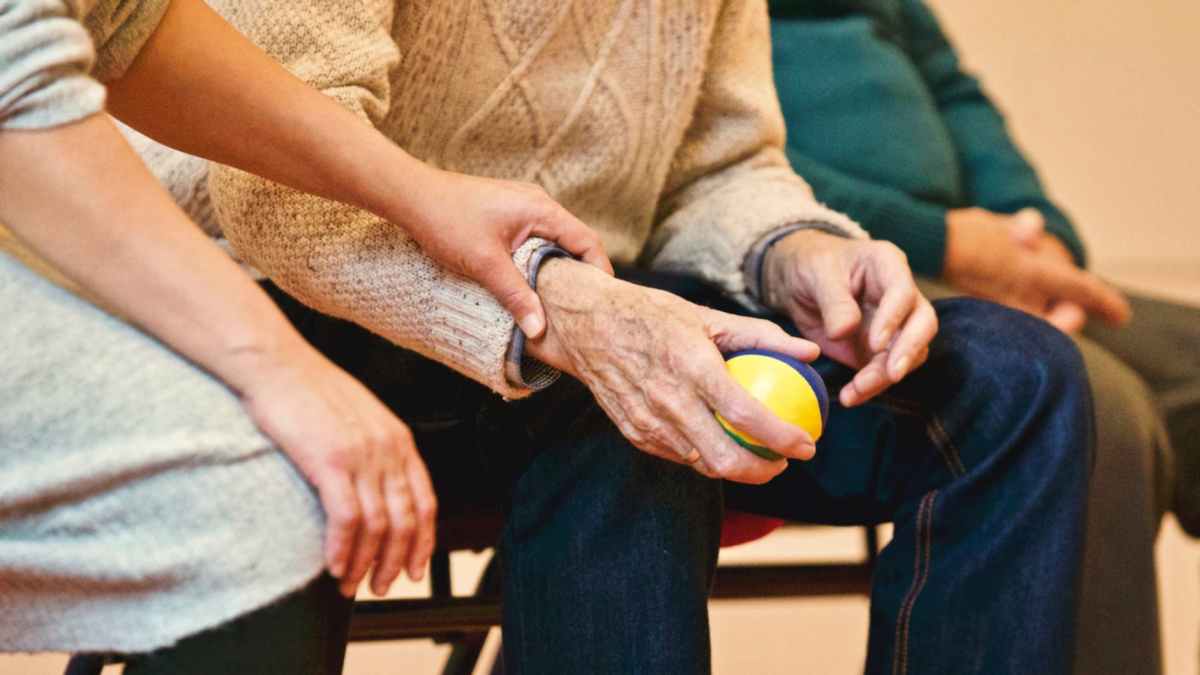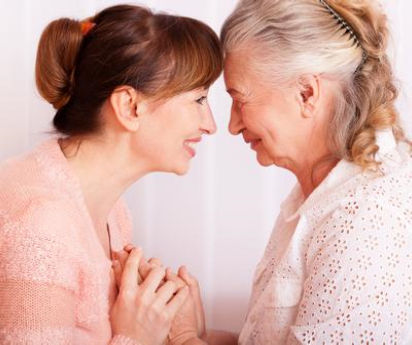
Anxiety is overwhelming. If not managed, it can feel like it’s taking over your whole body – every thought that comes in to your mind might feel negative. Your heart races, your palms sweat and shake, you might feel constantly on the verge of tears. Anxiety can be debilitating, and effect your relationships, your job, and your ability to feel and experience joy.
Everyone will experience anxiety at some point in their life. It can come and go, and many people who battle it will learn tools to cope and lessen the severity of anxious thoughts when it bubbles up. Caregivers may be especially susceptible to anxiety, due to the stress, worries, and tasks that must be addressed. Having support and resources to work through anxiety, even if you’re not currently experiencing the difficult emotion, can help you to work through it, if and when it comes up.
Today I stumbled on a wealth of resources that Anxiety BC offers for free on their website. They provide information on the various ways that anxiety can come up for a person and tips on how to handle it, worksheets, and a free app to help you track and manage anxiety. The website will help you create an anxiety MAP (My Anxiety Plan) to help you get support for your individualised concerns. If you, or anyone you know, struggles with anxiety, this is a fantastic resource.
Have you been faced with anxiety on your caregiving journey? How do you manage it? We’d love to hear from you.
Cassandra Van Dyck











 “Words can make you sick. And heavy. And dark.
“Words can make you sick. And heavy. And dark.


